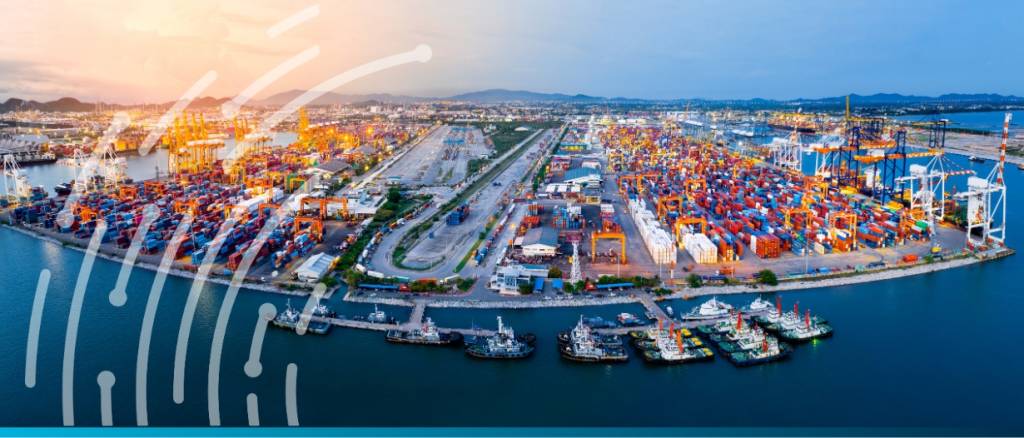In a recent interview at the EBRD’s Trade Facilitation Program conference in Vienna, Deepesh Patel, the editor at Trade Finance Global, welcomed Abla Hussein, the Sector Head for Non-Bank Financial Institutions at the Commercial International Bank of Egypt (CIB).
Cross-border trade is an inherently risky activity with numerous types of risk that can appear at all stages of trade. But today, we will discuss two types of risk: commercial risk and, transfer risk, a type of political risk.
Reporting live from the EBRD Trade Facilitation Programme Trade Finance Forum in Vienna, TFG sat down with Francis Malige, Managing Director, Financial Institutions at EBRD.
The panel’s moderator, Tom Zschach, Chief Innovation Officer at Swift was joined by Kelly Switt, Global Head of Intelligent Edge Business Development at Red Hat; John Overton, CEO at Kove; Vivek Agarwal, Head of Financial Services Solutions at C3 AI; and Johan Bryssinck, AI Programme and Shared Services at Swift.
Join TFG’s Deepesh Patel and Ravesh Lala, IBM’s Head of Business Development for Hybrid Cloud Solutions, at Sibos in Toronto as they clarify the complexity of generative AI and its diverse applications in the trade industry. Ravesh starts with one of the foremost challenges confronting banks in trade and supply chain finance—digitalisation. He underscores the critical importance of transitioning from conventional paper-based procedures to a fully digital supply chain to enhance operational efficiency.
We hear insights from Deepesh Patel, Editor at Trade Finance Global, and Ben Ellis, the SVP Global Head of Visa B2B Connect, reporting from Sibos in Toronto. They highlight the core themes of Sibos: transparency, speed, and security.
At Sibos, the topic of trade digitalisation was buzzing with discussion. However, in order for the industry to make significant progress, it’s essential for all stakeholders to align their efforts. Pamela Mar, Managing Director of ICC Digital Standards Initiative (DSI), is at the forefront of addressing this issue.
In a recent conversation at Sibos, Toronto, TFG’s Deepesh Patel sat down with Steven Beck, Head of Trade and Supply Chain Finance at the Asian Development Bank (ADB). Together, they explore the reasons behind the staggering expansion of the trade finance gap, which has now reached a staggering $2.5 trillion.
Live from Sibos in Toronto, TFG’s Deepesh Patel spoke with Tracey Black, the CEO and President of Payments Canada. In a financial sector renowned for its stability and robust regulatory environment, Payments Canada has been entrusted with the pivotal task of modernising payment systems.
To celebrate National Poetry Day, TFG thought we would honour the industry that makes the world go round!
























